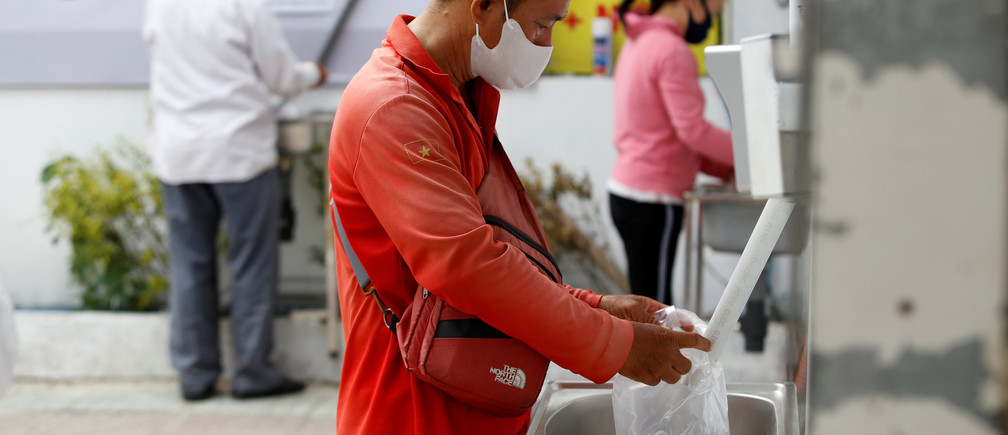Liberalizing trade is the answer to COVID-19

As COVID-19 continues to disrupt normal activities, the economic situation also aggravates. Many states responded to the coronavirus with stricter trade policies, resulting in food shortage in some countries. In Nigeria, rice prices jumped by more than 30% at the end of March. Sub-Saharan Africa where it is situated, a major rice-importing region, is suffering from export restrictions. Further, the United Nations (UN) states that the pandemic has caused 195 million job losses. Keeping trade open would have avoided food shortage and unemployment.
This picture is also reflected in Asia. At the Asia Liberty Forum (ALF) on April 22-23, 2020, which took place online to adopt to the new normal, the indispensability of free trade was highlighted. If states were to survive the economic downturn caused by the pandemic, it would be by allowing the trade system to maintain its course. According to Felippa Amanta of the Center for Indonesian Policy Studies (CIPS), a protectionist trade policy would only intensify the economic shock, which could last further even after the health crisis if trade barriers became rife. The Market Access Map indicates that currently 87 countries have put restrictions on exports after the outbreak of COVID-19. Rice suppliers like Vietnam and Cambodia have reduced or even banned rice exports, seeking domestic food security and impacting supply across the globe.
Government actions against the coronavirus should consider the concept of value chain, where there is domino effect within and across industries. Bhuvana Anand of the Centre for Civil Society shared the Indian example: The government imposed a lockdown during the harvest season, affecting not only the production of agricultural products, but also distribution that a toll on the logistics sector.
Aneetha Warusavitarana of Advocata Institute in Sri Lanka supported the assertion. Referring to the situation in Sri Lanka, she attributed the economic slump to the government’s lack of support to local products plus the high tax barriers that compound export restrictions. She reiterated that trade barriers would only prolong the economic distress, equivalent to a recession.
Amanta, Anand, and Warusavitarana were representatives of think tanks at ALF. Amanta pointed out that the coronavirus is not deterrent to policy work. While physical contact is not possible, technology tools and platforms are available to continue the advocacy of trade liberalization. Amanta quipped that “this is the best time to be a think tank.”
ALF is an annual gathering of economists from government, the academe, and think tanks. Organized by the Altas Network, the conclusion in these events is that economic freedom is healthy.
Husai Chantariwod is the Program Officer for FNF Regional Office for Southeast & East Asia